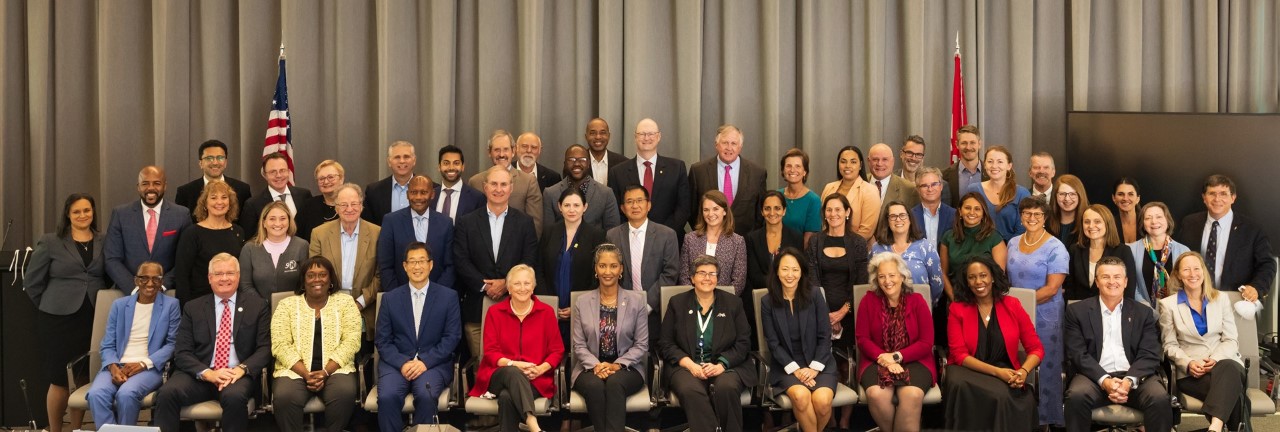 |
| Ashley Williams, M.D., assistant professor of surgery, attends the 2022 Medical Summit on Firearm Injury Prevention in Chicago. |
 |
| Ashley Williams, M.D. |
As a trauma surgeon at the region’s only level 1 trauma center, Williams is passionate about gun safety. She sees its impact almost on a daily basis.
“We have to categorize firearm injury (suicide, homicide and unintentional) as a public health issue,” she said. “We also have to prioritize those who are most vulnerable to this issue. It affects all of us, and it will take all of us to mitigate this problem.”
The focus of her presentation was to explore the idea that trauma centers can feasibly lead community-based initiatives that aim to curb gun violence and positively impact the community. “Interventions aimed at reducing gun violence and the impact of gun violence is critical now more than ever,” Williams said.
Her presentation discussed an injury prevention program called Project Inspire, which was co-founded by Williams. This initiative is an example of a successful model for a hospital-led initiative that focuses on mitigating gun violence through empowerment of youth and mentorship.
“We know that adverse childhood experiences place our youth at risk for negative outcomes, but we are proving that positive experiences can have the opposite effect,” Williams said. “Project Inspire is a curriculum based on building confidence, reinforcing skillsets, and exposing youth to career-specific mentorship. We have seen a vast reduction in recidivism among our teens, at 11 percent, which is superior to almost every intervention around the country of its kind.”




